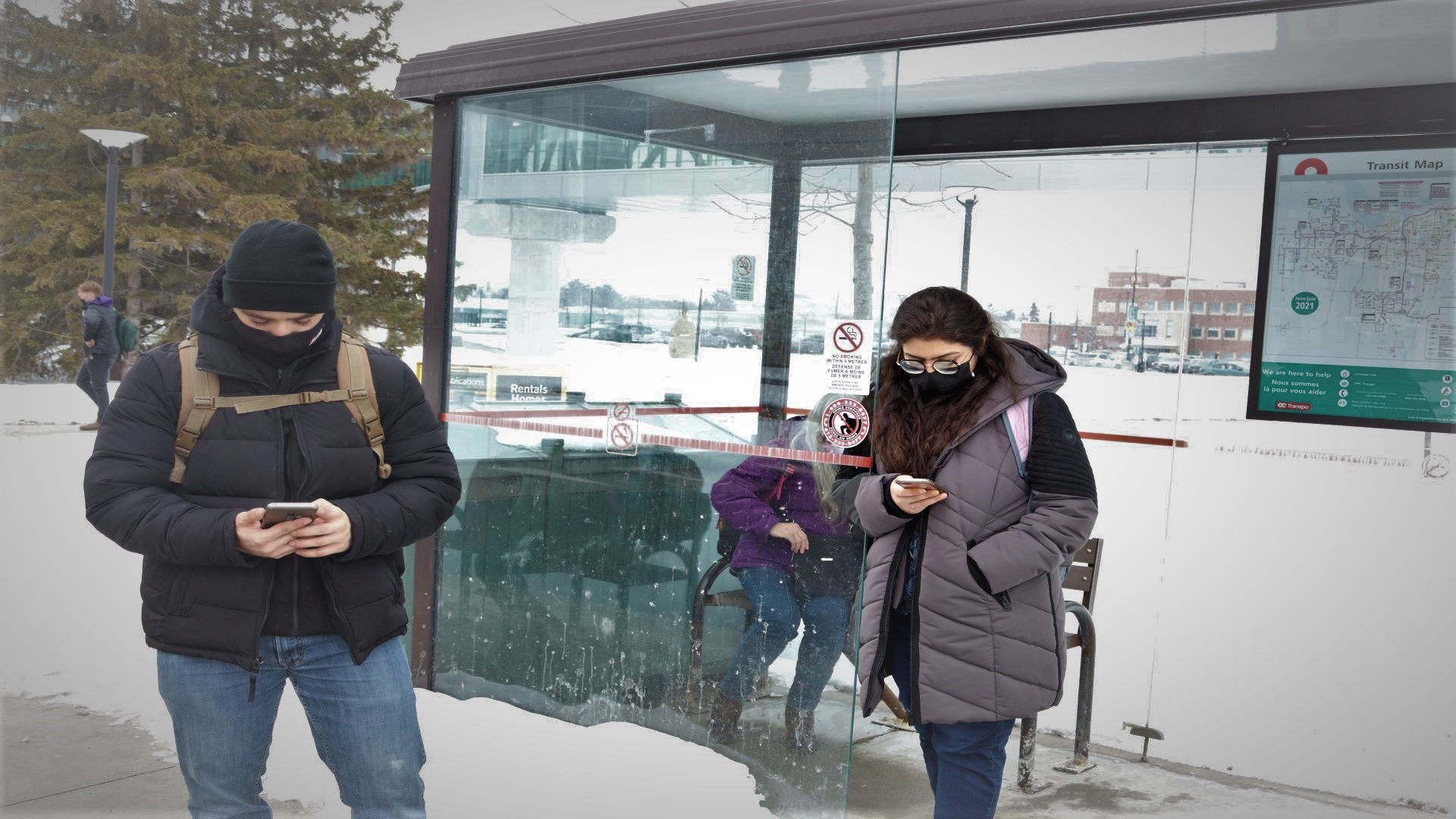Parking fees and rising gas prices have caused students and staff to set aside more commuting funds than they initially expected, according to Lisa Fournier, a first-year paralegal student at Algonquin College.
With gas prices reaching $1.50/litre , students and staff at Algonquin College are familiar with cutting back on extra-curricular driving, according to Fournier.
“I am sad about the increased gas prices,” she said. “As a student, I pay my own rent and bills, so the increased prices have required me to focus more on only going to places I absolutely have to.”
Travelling from all over Ottawa and the surrounding area, and even parts of Quebec, students are familiar with the time, money and mileage spent to get to and from the college.
“I actually did the math with a classmate and the move to hybrid will save her $400 a month on gas – she lives in Arnprior, Ont,” said Fournier. “My transportation is more reliable than OC Transpo. Given the recent weather, I would be nervous to rely on public transit and their timing.”
A daily commute to Algonquin College campus from Arnprior, Ont. is 62.2 kilometers one way.
While alternative modes of transportation are an option, and always have been, the uncertainty of OC Transpo arrival times has prompted certain students to stick to their own vehicles. Among other things, the bus fare can add up quickly with each trip costing $3.65. A monthly bus pass would cost $122.50.
“I prefer driving to campus because it means I can avoid waiting for the train and risking running late to class,” said Melissa Cousineau, a second-year animation student.
“My transportation is more reliable than OC Transpo. Given the recent weather, I would be nervous to rely on public transit and their timing,” said Fournier.
O-Train fare is the same as OC Transpo – $3.65 per ride. While buses and the O-train are accessible for some people, such is not the same for Cory Haskins, the academic chair for the school of hospitality and tourism at Algonquin College.
“I have not considered alternative modes of travel. Bus service from my neighborhood is very limited,” said Haskins.
“I prepaid for my parking pass at school and am no longer getting the benefit of having a parking space there, that I have paid for. But I am saving significantly on gas, and just have to go to and from work now,” said Fournier. Day, weekly or monthly passes can be purchased at the College, costing $18, $121, and $736, respectively.
Claude Brulé, president and chief executive officer at Algonquin College sent an email in late January, stating classes would remain hybrid, causing students and staff to move forward predominantly via remote delivery.
“I prefer remote learning for many things, and the commute is one of them,” said Cousineau.
While many students, and staff at Algonquin College pay a lot for travel, and parking at the college. Such isn’t the same for those living within walking distance, or living in residence. Although, living closer has provided alternate issues such as increased rent costs and no hands on learning, according to Angela Arthur, a first-year early childhood education student at Algonquin College.
“I do think that it’s not value for money for me as I’m paying such huge fees and still studying online,” said Arthur.


